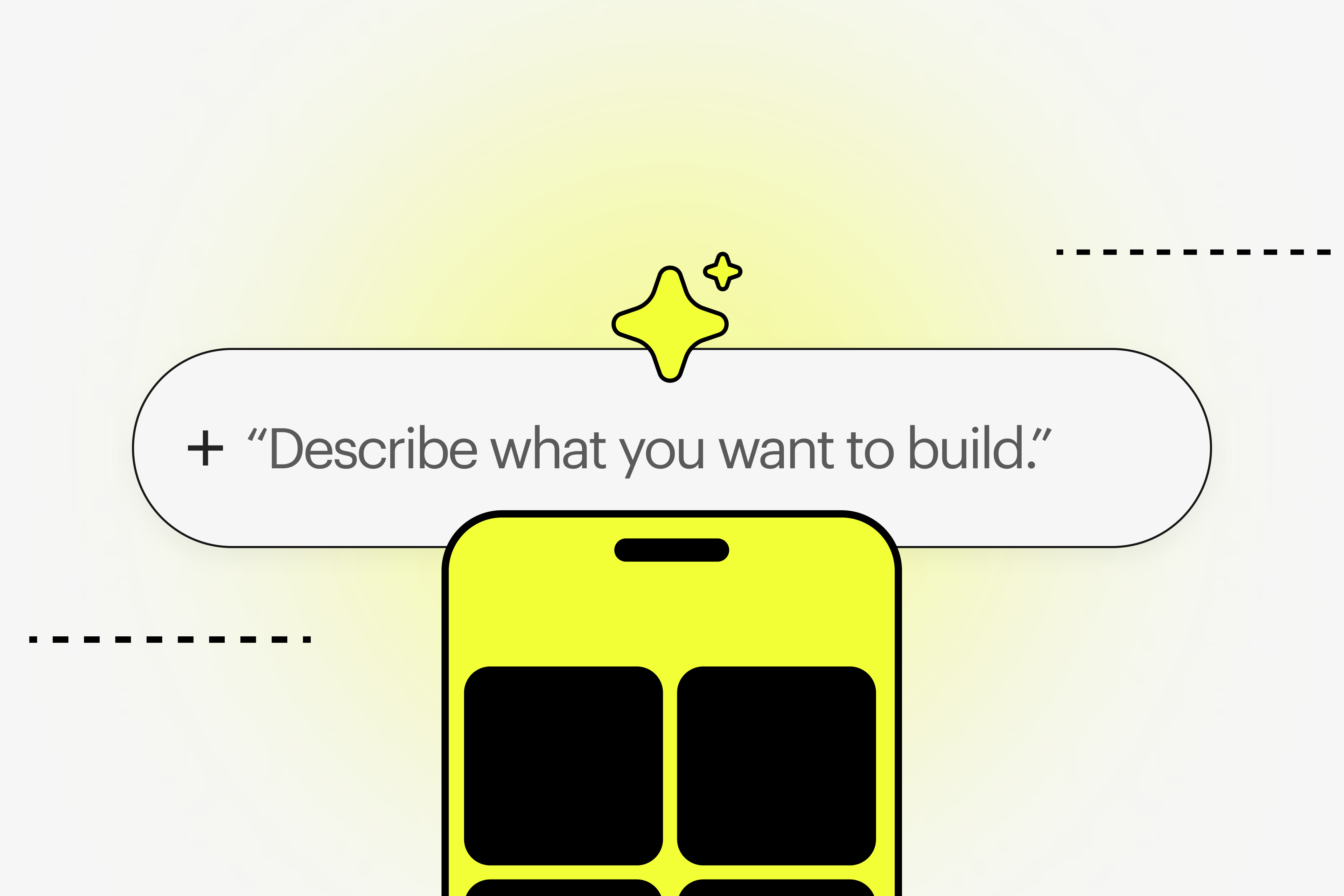The demanding decision manager
Managers who insist on their own decisions even when they clash with their team's opinions are unpopular with everyone.
Let's call this "demanding decisions" - when a manager requires a particular course of action, regardless of how unpopular it is with most or all of their team.
If a manager insists on implementing their own ideas against the wishes of their team, each team member will eventually become dissatisfied or leave the company. This is a serious threat to the company's culture.
Demanding decision-makers can be found in companies of any size or structure - whether it's a team of two with one manager or a team of 500 with 150 managers.
How I avoid being a demanding manager
I'm not the decision-maker every time
- I know when it's my time to make the decision.
- I know when it's someone else's time to make the decision.
- I know when it's time for a team decision.
This doesn't mean each employee can make any decision they want. It means employees should have a valued level of decision autonomy and make decisions when appropriate.
As a manager, I prioritize assigning decisions to others, even if it's something I can decide on easily and quickly. There are times when I need to make decisions myself, but I approach this with caution and thoughtfulness.
Ultimately, my goal is to empower my team and promote their growth, rather than just asserting my own authority.
What if I need to make the decision?
While it's OK for unpopular decisions to happen once in a while, they should be kept to a minimum. I try to avoid them at all costs.
The goal should always be to make decisions that satisfy the majority of the team.
If I find myself in a situation where a demanding decision is needed, I will communicate it in a clear and respectful manner.
For example, "I strongly believe we need to go with Option A. I am going to put a 'hard no' on Option B because [important reason related to the growth of the company]."
This way, the team can understand the reason behind the decision and feel heard even if they don't agree with it.
Empowering the team with decision making
Be part of the team decision
I sell my team on my ideas before the ideas are final decisions.
The best way to be a healthy decision-making manager is to be part of the decision.
Strong company culture strengthens with the empowerment of individuals. Good employees want the power to make decisions and limiting their decision-making power will make them feel useless in the workplace.
Being part of a team is not just about fulfilling assigned tasks, but also about feeling connected and valued as a member of that team. When team members feel that their opinions and ideas are not considered or valued, they may become disengaged and less invested in the team's success. This can ultimately lead to a weaker team dynamic and lower productivity.
When individuals are empowered and given the opportunity to contribute to the team's decision-making process, they feel a sense of ownership and pride in the team's accomplishments. As a result, a strong sense of team unity and solidarity is formed, leading to a more effective and productive team overall.
A great way to foster this success is make decisions collectively as a team.
Allow people to challenge
Whether you're leading a small team or a larger one, it's essential to give everyone a chance to challenge ideas and decisions.
Even a new intern or a junior-level employee can have valuable insights that may challenge your own views.
At Finsweet, we foster an environment where everyone feels comfortable challenging decisions, regardless of their position. We weigh the pros and cons of each option, and if necessary, put it to a team vote.
If the majority of the team disagrees with my decision, and prefers the decision of the junior-level employee, I'm willing to step back and reconsider.
This collaborative approach creates a strong sense of unity, trust, and mutual respect within the team, and ultimately leads to better decision-making.
As a non-demanding manager, I believe in empowering my team to be an active participant in the decision-making process.
How I sell the team on decisions
I sell the team on a decision when I'm passionate or excited about the decision. Instead of telling the team about a decision, I sell them on the decision.
Proposing my decision
If I want to make a decision, I will use a combination communication methods to explain my idea to the team.
- Short or long written text message
- Design a visualization (wireframe, flow chart, etc.)
- Video screen record with a verbal explanation
If I'm passionate about an idea, I may use all three communication methods to ensure my proposal is clear.
Challenging decisions made by others
If I disagree with a decision made by the team.
- I challenge Option A
- The reason I am challenging Option A
- I propose Option B
- Why I believe Option B is better than Option A
Drop my decision
If all or most people disagree with my proposed Option B.
- I drop Option B and tell the team to move forward with the original Option A.
- If I'm ultra passionate about Option B, I may send a few more proposals for a change. If the proposals are rejected again, Option A is the clear decision.
Continue the conversation
If there is a split of people between Option A and my proposed Option B
- Talk about it as a team. It's encouraged that everyone participates.
- Talking through the options may make one of them clear. After a heated chat, Option A or Option B may become more clear to the team.
- Sometimes a new variant comes from the conversation. Taking the best of both decisions and creating Option C is often a win-win for everyone.
Adopt the new decision
If all or most people agree with my proposed Option B
- The team immediately adopts the new Option B.
- Anyone on the team is encouraged to challenge Option B. Their challenge is considered if most people on the team agree with them.
This is selling
As a natural salesperson, I call the process of proposing a new option "selling".
I present a problem that can be improved and help the person understand that I can offer a valuable solution.
I use this sales mindset for team decision-making.
Empowered democratic decision-making company = strong company culture.
Happy employees who feel valued tend to stay with a company for a long time, which is crucial for building a solid company culture. Long-term employee retention enables individuals to undergo personal and professional growth after years of hard work.
As a result, many employees will naturally progress to more senior roles and contribute to the company's success.
At Finsweet, I prefer to promote the growth of "junior people" to "senior people" over hiring experienced senior-level professionals to fill roles.
This approach is more rewarding for the employee, me, and the company culture. It creates a unique long-term success that can only be achieved if employees are happy. If employees are unhappy, they will never get the opportunity to experience this growth.
When people have the freedom to make decisions, they tend to be happier at work. This contributes to long-term employee retention, which ultimately strengthens the company culture.
It's like planting a seed and watching it grow into a tree, rather than buying a fully grown tree. The tree is more special if you watched it grow from nothing.


























